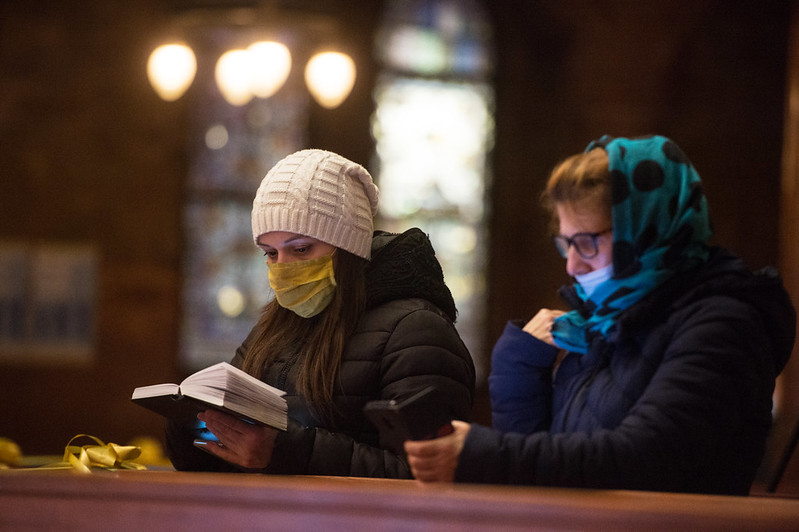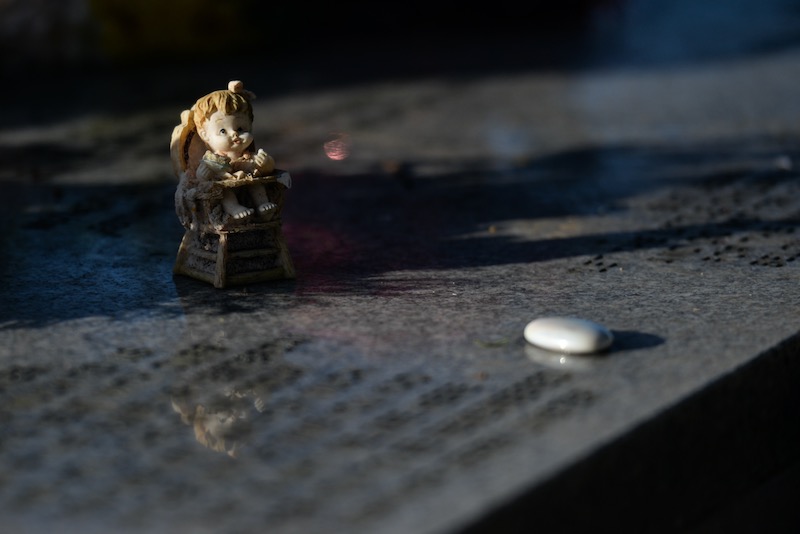Last Friday Joseph Quigley, Catholic priest and former religious education advisor, was sentenced to 11-and-a-half years in prison for serious offences against children. The police investigation which resulted in his conviction began in 2017, following a complaint from one of Quigley’s victims, who was encouraged to go the police by his therapist. As The Tablet reports today, this same victim alleges that several years earlier he had discussed the possibility of reporting his allegations about Quigley to the police with Jane Jones, the then Archdiocese of Birmingham Safeguarding Advisor. He says she actively discouraged him from taking his allegations to the police, telling him: “You won't win.”
If this victim’s story is true – and his account of what Jane Jones said to him is corroborated by another family member present at the same meeting – then this is appalling. However it is not surprising. After 25 years of representing victims and survivors of clerical sex abuse, I have heard countless examples of victims being discouraged, subtly or not, from taking their allegations to the authorities.
The Archdiocese of Birmingham’s public explanation of why the Quigley case was not reported to the police earlier seems especially unconvincing. The archdiocese claims that it consulted in 2012 with a police officer who was also a member of the Archdiocesan Safeguarding Commission, and that he advised them that a report was unnecessary. However we also know that the archdiocese was aware of the risk posed by Quigley in December 2008, if not before. In early 2009, the archdiocese (then still headed by Vincent Nichols) sent Quigley for treatment in America. Despite that, Quigley continued to be involved in school inspections, and on at least one occasion said mass in a primary school. It is difficult to see how concerns which justified an extensive period of treatment abroad in 2009 would have been insufficient to justify a report to the statutory authorities.
Nobody disputes that clerical sex abuse was covered up by the Catholic Church in the past, but the Church in England and Wales has tried to draw a temporal dividing line. They admit that bad things happened before 2001, but maintain that since the Nolan report, and even more since Cumberlege in 2007, reporting of abuse to the statutory authorities has become routine. But the Quigley case demonstrates that this narrative should not be taken at face value. The case has all the hallmarks of an old-style cover up.
This cover-up was and is perfectly legal. In England and Wales, a person working within an institution can know that a child has been raped, but has absolutely no legal obligation to tell anybody. People tend to believe that if they were presented with an allegation or concern about abuse, they would have no difficulty in reporting it. But in practice the commonest human reaction is to turn a blind eye. And all-too-frequently – as appears to have happened in the Quigley case – institutions actively try to suppress disclosure because of the fear of reputational harm.
In the Catholic Church, safeguarding policies state that allegations or reasonable suspicions of abuse “should” be reported to the statutory authorities, but they carry no effective sanction for failing to report. The Catholic Church has had three attempts to get this right: Bishop Budd’s report in 1994, Nolan in 2001 and Cumberlege in 2007. If internal reform of safeguarding in the Catholic Church was ever going to be effective, it would have happened by now.
So we urgently need mandatory reporting, a law as proposed by the campaign group Mandate Now, that requires the external reporting of knowledge or reasonable suspicion of any child abuse occurring in regulated activities. This reform has been much debated in IICSA, the Independent Inquiry into Child Sexual Abuse.
In both the Catholic and Anglican investigations in IICSA church witnesses fell over themselves to endorse mandatory reporting, whilst simultaneously claiming that it already happens in the churches. A mandatory reporting law would make sure this actually does happen because it will carry a criminal sanction for non-reporting. This is not with the intention of criminalising teachers, social workers or indeed diocesan safeguarding advisors.
The reason for legal sanctions is because they protect those who want to report but who might be in the position of a former staff member at St Benedict’s School Ealing, who on expressing concerns about a monk (since convicted of sex abuse of pupils) was told: “If you know what’s good for you, keep your head down and do your job.” Mandatory reporting will enable staff in an institution to say: “I have to report this, because the law requires it, and there are legal sanctions if I don’t.” This embeds a culture of reporting, which is why it is so necessary.
Because of ongoing criminal proceedings, IICSA did not examine the Quigley case. I wish it had. But IICSA has enough evidence from the many other cases which it probed forensically to make the case for mandatory reporting beyond doubt. I hope that the IICSA final report, to be published either late this year or early in 2022, will make that recommendation forcefully. What is being revealed about the Quigley case is shocking, but we should not assume that it is unusual, or that it cannot happen again.
Richard Scorer is Head of Abuse Law at Slater & Gordon.



 Loading ...
Loading ...
What do you think?
You can post as a subscriber user ...
User comments (0)